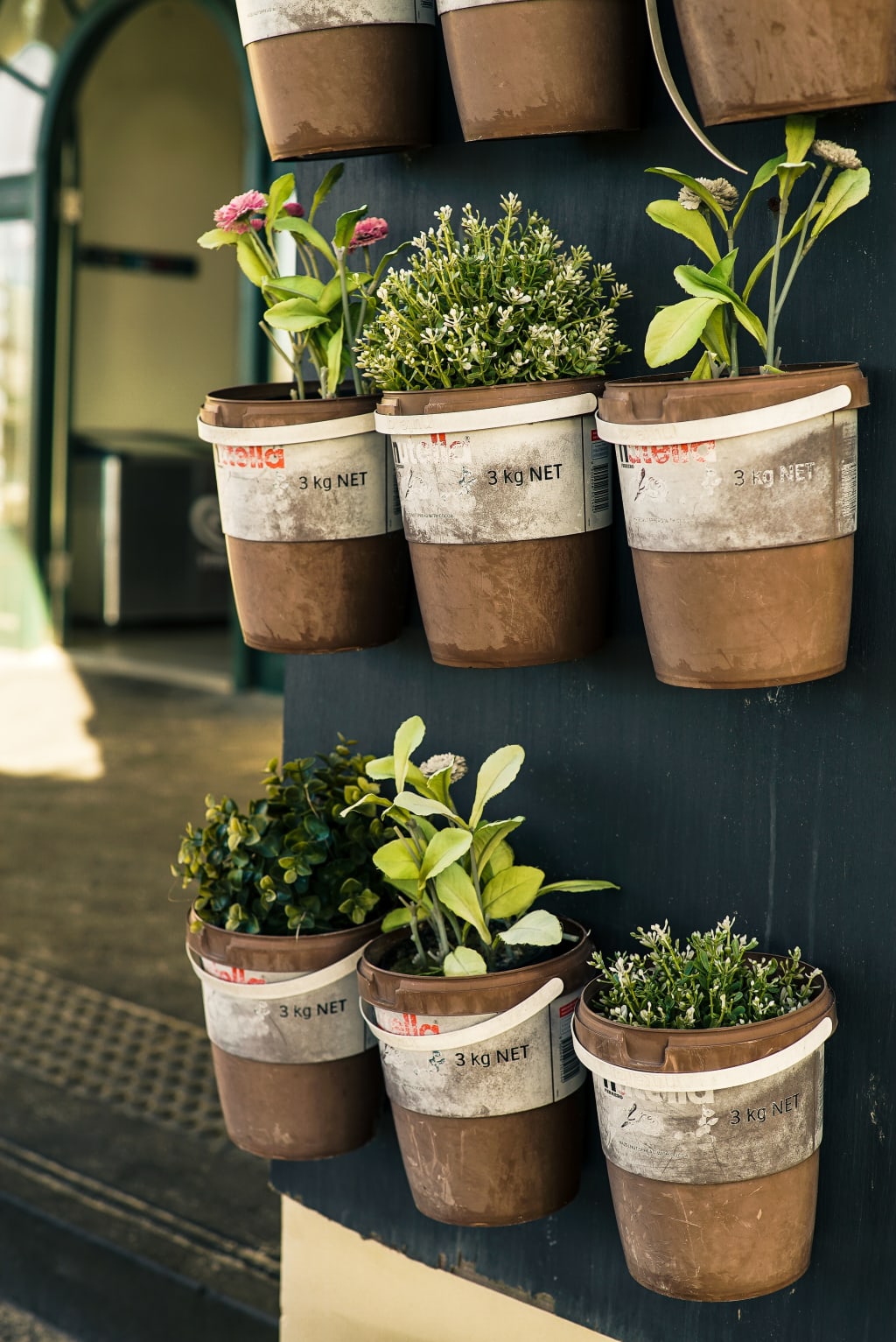Unlocking the Power o Nature: Grow Your Own Medicine & Reclaim Your Health
Do you feel dependent on pharmaceuticals to maintain your health? Perhaps you have thought about growing your own medicinal plants? While it may appear challenging, by acquiring some knowledge and putting in some effort, you can develop a garden of therapeutic herbs in your backyard.

In a world driven by modern medicine, there is a growing movement towards rediscovering the healing power of nature. Growing your own medicine not only reconnects you with the Earth but also offers a sustainable and empowering approach to healthcare. This article will guide you through the steps of cultivating your own medicinal plants, providing crucial details and storage tips for a successful journey towards holistic healing.
1. Understanding the Benefits of Growing Your Own Medicine:
a. Nurturing Self-Reliance: Taking charge of your health and well-being by harnessing nature's remedies.
b. Sustainable Healthcare: Reducing reliance on expensive pharmaceuticals and diminishing the environmental impact.
c. Access to Fresh and Pure Medicinal Plants: Eliminating concerns about additives and the quality of store-bought remedies.
2. Selecting Medicinal Plants for Your Garden:
a. Research and Identify Suitable Plants: Consider your specific health needs and climate conditions to choose appropriate plants.
b. Easy-to-grow medicinal plants are a great option for beginners. Starting with beginner-friendly options can help you gain confidence in your gardening abilities and ensure a successful harvest.
c. Planning for Diversity: Cultivate a variety of plants to expand your healing options.
d. Legal considerations: Depending on where you live, there may be legal restrictions on what you can grow. Make sure you're following the law.
Here are a few plants that are commonly grown for medicinal purposes:
Cannabis
Cannabis is probably the most well-known plant used for medicinal purposes. It's commonly used to treat pain, anxiety, and nausea, among other things. If you live in a place where it's legal to grow cannabis, it can be a great option.
Echinacea
Echinacea is a plant that's commonly used to boost the immune system and treat colds and flu. It's easy to grow and can be grown in many different climates.
St. John's Wort
St. John's Wort is a plant that's commonly used to treat depression and anxiety. It's easy to grow and can be grown in many different climates.
Peppermint
Peppermint is a plant that's commonly used to treat digestive issues, such as bloating and gas. It's easy to grow and can be used fresh or dried.
Chamomile
Chamomile is a plant that's commonly used to promote relaxation and sleep. It's easy to grow and can be grown in many different climates.
Lavender
Lavender is a plant that's commonly used to promote relaxation and reduce stress. It's easy to grow and can be grown in many different climates.
3. Preparing Your Garden and Supplies:
a. Choosing the Right Location: Assess sunlight exposure, soil conditions, and water availability.
b. Soil Preparation: Improve soil quality through composting, organic matter, and pH adjustments.
c. Tools and Supplies: Gather gardening essentials like pots, seed trays, gardening gloves, organic fertilizers, and pesticides.
4. Starting from Seeds or Seedlings:
a. Understanding Seed Germination: Discover the different ways seeds germinate, including direct sowing and indoor seed starting.
b. Indoor Seed Starting: Provide the optimal conditions, including light, moisture, and warmth, to ensure successful germination.
c. Transplanting Seedlings: Carefully transplant your seedlings into the garden beds or containers, maintaining proper spacing and watering techniques.
5. Essential Care for Medicinal Plants:
a. Watering and Irrigation: Learn the watering requirements of each plant and implement efficient irrigation practices.
b. Soil Nutrients and Fertilization: Understand the nutrient needs of medicinal plants and use organic fertilizers to nourish them.
c. Weed and Pest Management: Employ organic techniques to control weeds and pests without resorting to harmful chemicals.
6. Harvesting and Storing Medicinal Plants:
a. Timing and Techniques: Harvest medicinal plants at the peak of their potency, considering factors such as flowering stages and weather conditions.
b. Drying and Curing: Properly dry and cure harvested plants to maintain their potency and prevent mold or degradation.
c. Storage: Store your dried plants in airtight containers, away from direct sunlight and moisture, to preserve their medicinal properties.
7. Creating Homemade Remedies:
a. Infusions and Decoctions: Discover the art of brewing medicinal teas and infusions to extract the plant's beneficial compounds.
b. Tinctures and Extracts: Learn how to create concentrated herbal extracts using alcohol or glycerine as solvents.
c. Salves and Balms: Utilize medicinal plants in homemade topical treatments, such as salves, ointments, and balms.
8. Seeking Expert Advice:
a. Consult Professionals: When in doubt about plant identification, contraindications, or dosage, seek guidance from herbalists, naturopaths, or healthcare providers.
b. Community and Online Resources: Engage with local gardening groups, forums, or online platforms to learn from experienced individuals who share your passion.
Conclusion:
Growing your own medicine can be a fulfilling and transformative experience, allowing you to reclaim your health while deepening your connection to nature. By following the steps outlined, you can cultivate a thriving medicinal garden, tailor it to your specific needs, and unlock the profound healing potential that nature so generously offers. Embark on this journey and embark on a path of self-empowerment and holistic well-being.
About the Creator
Khula
Lets enhance ourselves through knowledge






Comments
There are no comments for this story
Be the first to respond and start the conversation.